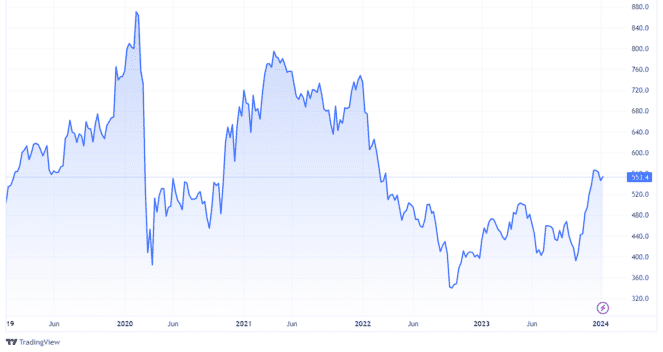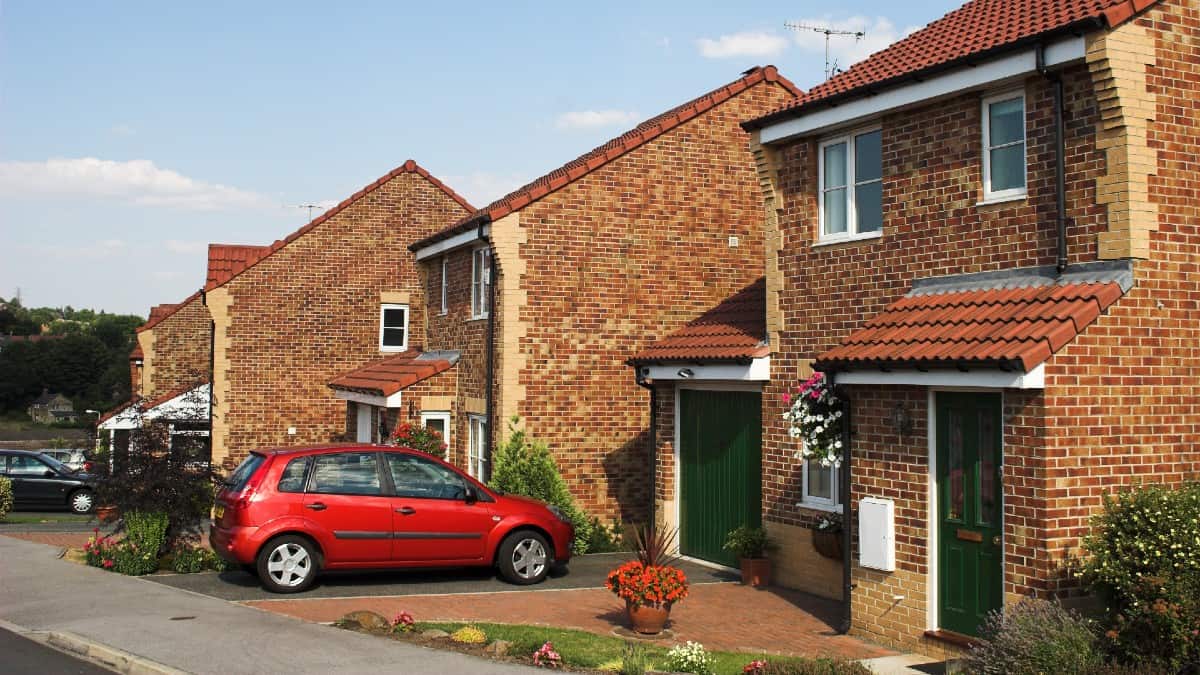A 6% dividend yield, well-established business and FTSE 100 status. On the surface, Barratt Developments (LSE: BDEV) may sound as if it has a lot going for it. But last year saw the Barratt dividend fall.
Yet could that be a warning bell for what might come in future – and what does it mean for the housebuilder’s investment case?
Challenging trading environment
Specifically, last year the Barratt dividend per share fell 9%, from 36.9p the prior year to 33.7p.
A dividend cut can seem like bad news for investors. On the plus side though, it sometimes suggests the company is demonstrating the sort of fiscal discipline that can help businesses succeed in the long run.
In this case, the cut was in line with the firm’s dividend policy.
Well-covered dividend
Ordinary dividend cover was 1.75, meaning the dividend was reasonably well covered. But that also means that if earnings fall, for example because of weakening demand in the housing market, the dividend could fall further in the next several years.
As rival Taylor Wimpey said in a trading statement today (11 January): “In the short term the market remains uncertain and the planning backdrop extremely challenging.”
Barratt’s most recent trading statement was in October. At that point it said: “The trading environment remains difficult.” I don’t think things have been moving in a positive direction since then when it comes to the housing market.
Why buy now?
In fact, I would not be surprised to see a further dividend cut from Barratt this year if the weakened housing market hurts its earnings.
That does not mean it is not a good company and does not have strong long-term prospects.
But the concern I have is that, in the short-to-medium-term, a difficult housing market could see earnings fall, the dividend cut again and a weaker share price.
Is that dramatic? Perhaps. After all, the shares are up 30% in a year and 41% from October, which is a very strong short-term increase. But over five years, they’ve moved up just 10%.

They are still 36% below where they were before the pandemic. If the housing market does well – for example because there is still a fundamental mismatch between demand and supply – that could help push the shares up. If earnings grow, the Barratt dividend may end up larger than it is now.
The concern I have is that such issues are largely outside Barratt’s control.
The housing market responds to things like disposable income and interest rates, over which housebuilders have no control.
So while I think Barratt is a good company and would be happy to consider owning it in my portfolio at some stage, I am in no rush. I would rather wait until the outlook for the property market is clearer, even if that takes some years.








